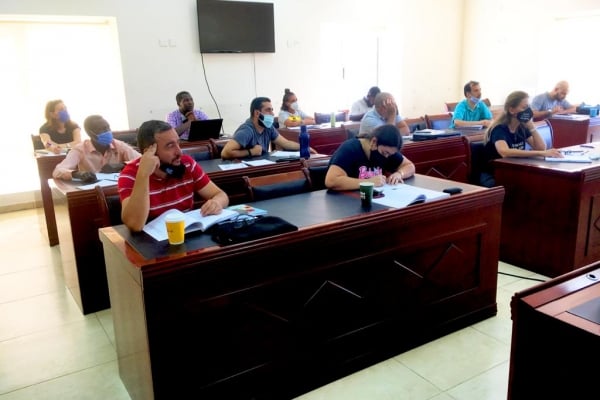
Equipping Arab Believers to Stay and Serve
As a seminary student in the late 1980s, Griffith was drawn to ministry in the Middle East. He also wanted to be a seminary professor; but at the time, few opportunities existed to pursue both callings. But God opened a door that has enabled him to do so for more than 20 years!
He contacted Christar in the early ‘90s about doing an internship in the Middle East, and the staff connected him with a church in this region where and his wife spent the summer of 1992. During his time there, Griffith heard about a seminary in the Middle East that had government permission to operate—a very unusual situation! This was the beginning of Jordan Evangelical Theological Seminary, or JETS, founded in 1991 by a Christar worker.
A few years later, while earning his Ph.D. at Dallas Theological Seminary, Griffith had the opportunity to meet the founder and president of JETS. He learned that JETS needed a professor to teach on the New Testament—Griffith’s area of study! So, in 1999, Griffith made his first trip to JETS to teach.
He knew he wanted to return. At the time, in addition to finishing his own doctoral studies, Griffith was heavily involved in an English Bible translation project that required him to be in the United States. But after his initial short-term trip to JETS, he and his wife decided that once his role in the translation was completed, their whole family would move to the Middle East so that Griffith could teach at the seminary full time for at least a year.
In 2003, the couple’s plan became a reality. Griffith and his wife, together with their six kids, traveled to Jordan and settled in there. At that time, JETS was one of only two Christian seminaries in the Arab world.
JETS is designed to be a Christian hub of education and training for believers from throughout the Arab world. As Griffith shares, many Middle Eastern believers who travel to America for theological training never return to their own countries because of the additional difficulties of ministry in the Middle East. But students at JETS stay in the Middle East, and as a result are much more likely to serve in their home cultures after graduation.
When they do, they are often recognized as leaders in their communities because of the quality of the education they received at JETS. As such, they are able to impact many of the Arab-speaking countries in the region, including those that are the hardest for cross-cultural workers to reach.
Because of the influence of JETS, a high percentage of Jordanian churches are pastored by JETS graduates from that country, Griffith said. Other graduates have gone on to teach JETS’ undergraduate courses. One of Griffith’s former students is doing this, in addition to studying for his doctorate at the seminary.
The majority of JETS’ undergraduate faculty are Jordanian, as are the seminary’s leaders. In the graduate program, approximately 50% of the faculty are Middle Eastern, with the other half made up of cross-cultural workers; since all who teach graduate classes must hold a Ph.D.
Although Griffith and his wife and children only lived in Jordan for one year due to family concerns, JETS continues to hold a special place in their hearts. “What stands out to me are the students and JETS staff who are committed to ministry in very difficult places,” Griffith relates. Griffith also speaks highly of the president of JETS for his faithful and consistent leadership over the years, explaining that ministries based in the Middle East often have a high rate of turnover due to the challenging environments in which they operate.
Since returning from working at the school full-time, Griffith has been intentional about traveling back to Jordan every other year to teach a three-week intensive class in subjects including ecclesiology, Greek syntax, introduction to the New Testament, Hebrews, the general epistles and Revelation. Seeing trained students return to their homelands is what makes his trips back to JETS worth it again and again, Griffith explains.
Griffith’s most recent class at JETS was underway when the COVID-19 shutdown began. The airport closed with only a couple days’ notice, and it was difficult for him to get back out of the Middle East. Nonetheless, he is eager to continue his itinerant ministry when the pandemic lifts.
Griffith expressed his gratitude for the opportunity that the Lord has given him to fulfill his dream, saying that it is always a blessing to be at JETS and that he always enjoys it. “I am thankful that God has given me a small part in developing Arab students for ministry,” he adds. And, Lord-willing, he’ll continue to play this part when he returns once again to teach next summer.
Participate by Praying:
- Praise God for the many students who have been trained for ministry through JETS for 30 years!
- Pray for the students, faculty and leadership at JETS as they navigate the realities of COVID-19.
- Thank God for Griffith’s faithful itinerant ministry at JETS, and ask that he will have wisdom about when to return again.





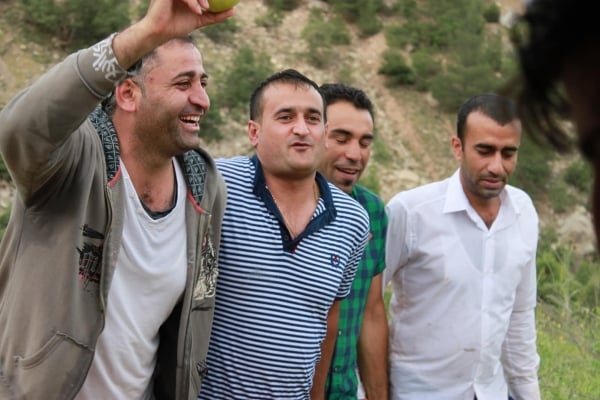
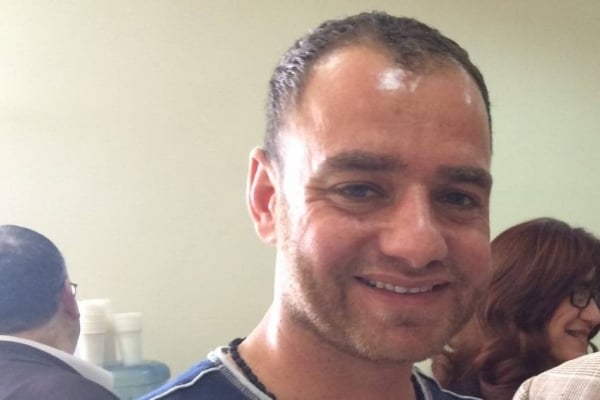

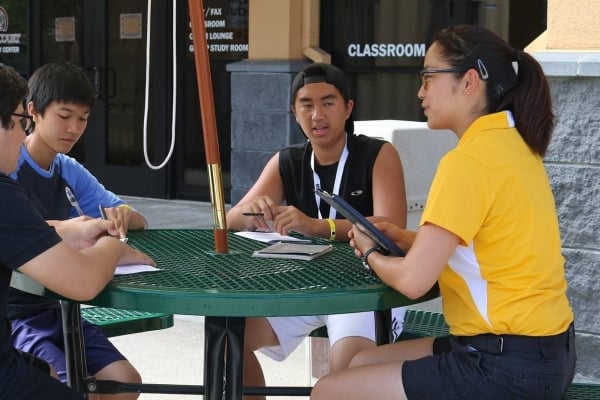
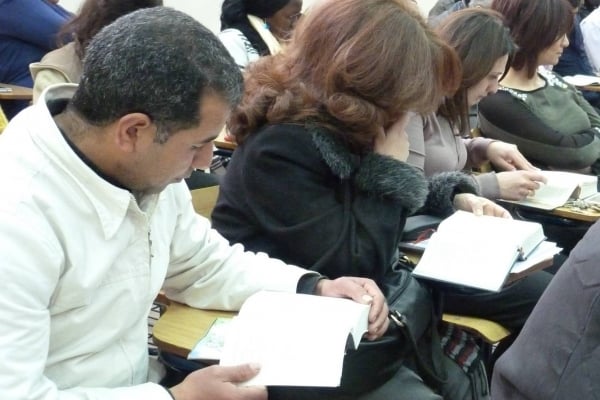











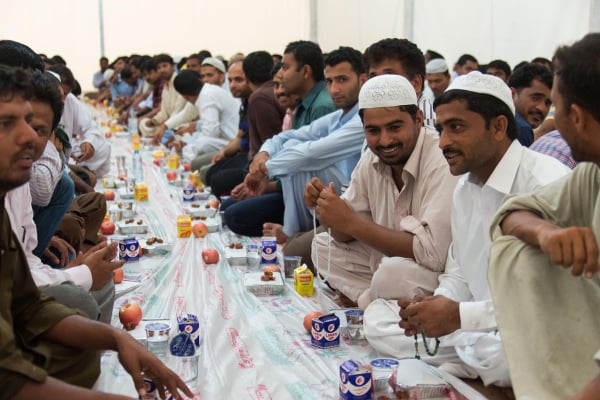
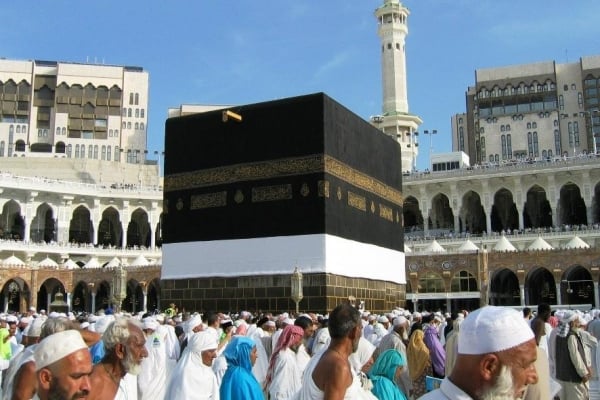
_1654032461_600x400.jpg)

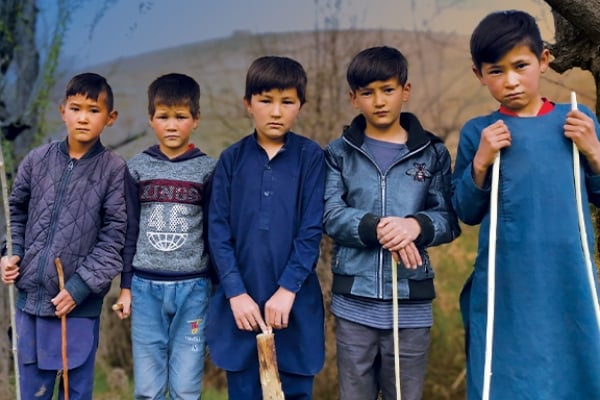

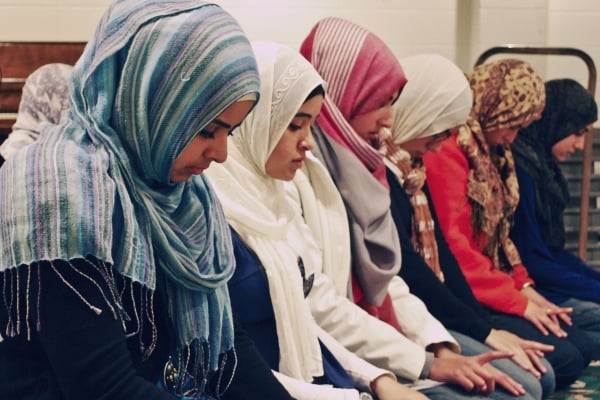


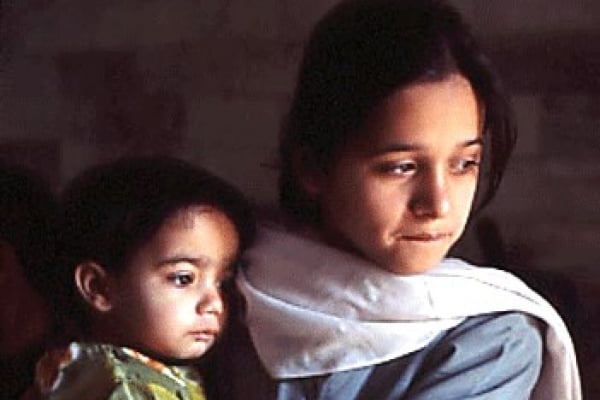

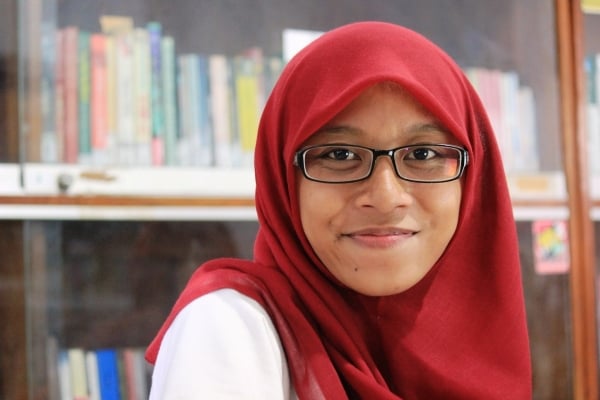
_1583365425_600x400.jpg)